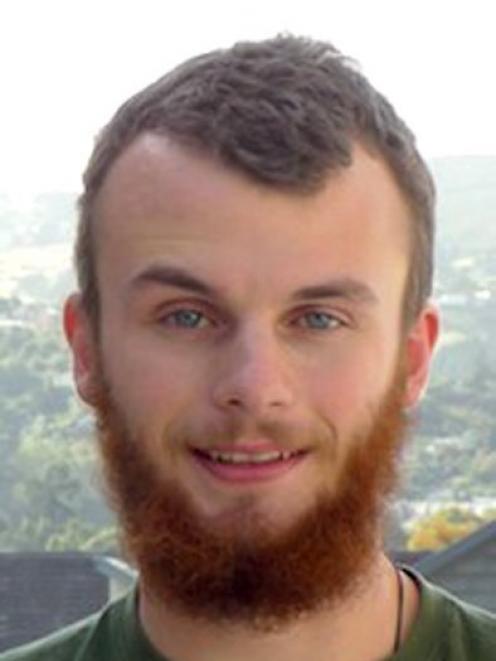
But soon, most people will recognise it as a quantum technology with the potential to make our computers, security, and networking technologies obsolete.
University of Otago physics postdoctoral fellow Dr Trainor just won a Royal Society Te Apārangi Mana Tūāpapa Future Leader Fellowship worth $820,000 over the next four years, which will allow him to investigate the way crystals can be used in quantum memory storage.
To bring this emerging technology into mainstream use, the development of novel materials and optimisation of the conditions for their use, was required.
Dr Trainor and co-workers demonstrated that specially lab-grown crystals with small amounts of rare earth elements in them, such as erbium and neodymium — known as rare-earth-doped magnetically ordered crystals — showed promise for use in optical quantum memory, which could be used for data storage.
He said the crystals were cooled to a temperature colder than outer space, and laser pulses were used to control the elements.
"I have been using such crystals to store single particles of light — photons — and recall them, which could be used as part of a future quantum network."
He will explore and characterise these crystals, seeking to understand the conditions under which they function best.
It was an important step towards the real-world utilisation and commercialisation of quantum technologies, he said.
Mana Tūāpapa Future Leader Fellowships were also awarded to University of Otago researchers Dr Alice-Roza Eruera, Dr Rebecca French, Dr Caitlin Owen and Dr Wahineata Smith.
Dr Eruera will study ancient viruses and their evolution to assess how they might be useful for biotechnology or medicine.
Dr French will investigate whether viruses carried by rats in New Zealand could cause outbreaks in humans.
Dr Owen will develop a more transparent and energy-efficient system for automated machine-learning.
Dr Smith will study the experiences of Māori and Tongan families raising children with dual heritages.
Otago anatomy Prof Neil Gemmell was one of two New Zealand researchers to receive a Royal Society Mana Tūārangi Distinguished Researcher Fellowship worth $220,000.
He will use the fellowship to explore the critical role of mitochondrial DNA (mtDNA) in fertility, ageing and health, using the latest genetic tools.
"This work will enhance our understanding of the mitochondrial genome's sex-specific influence on fitness, behaviour, health, and ageing."














